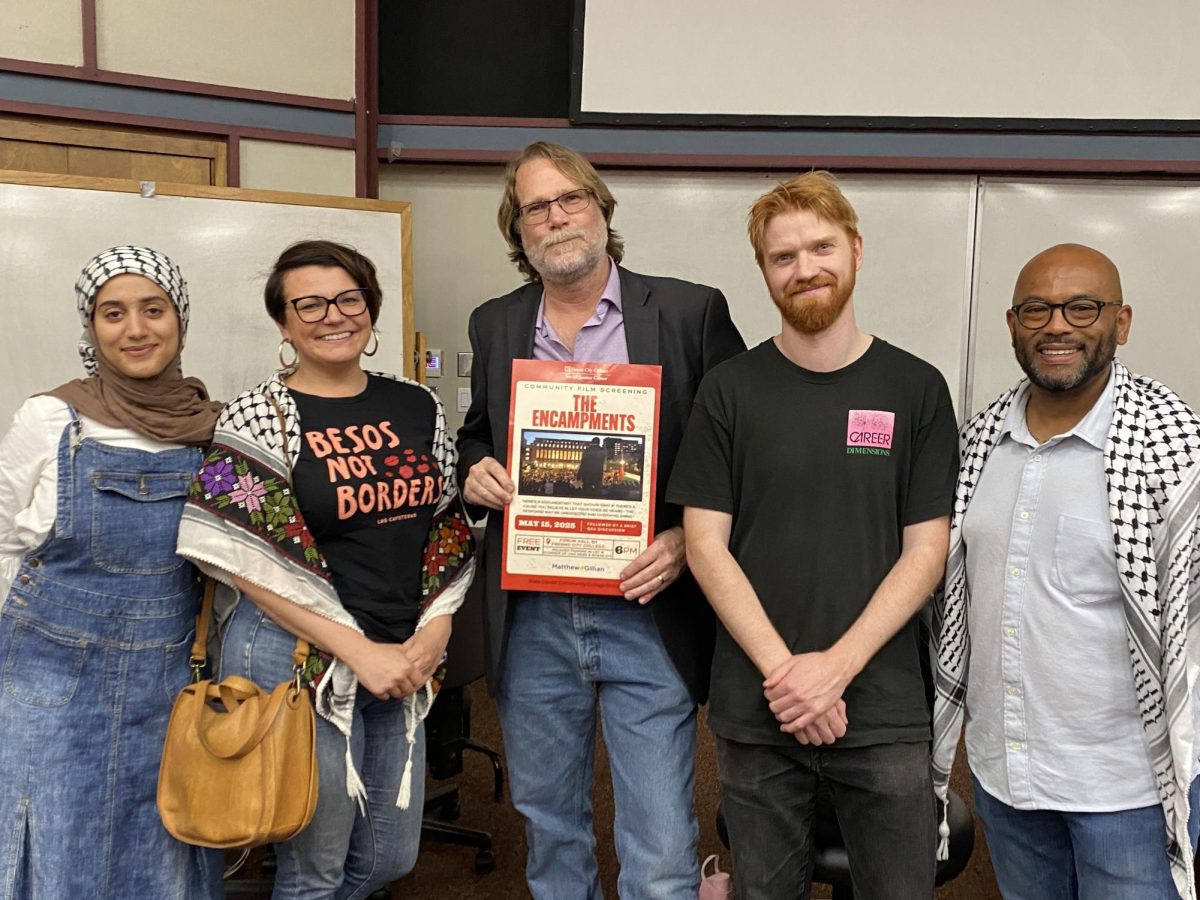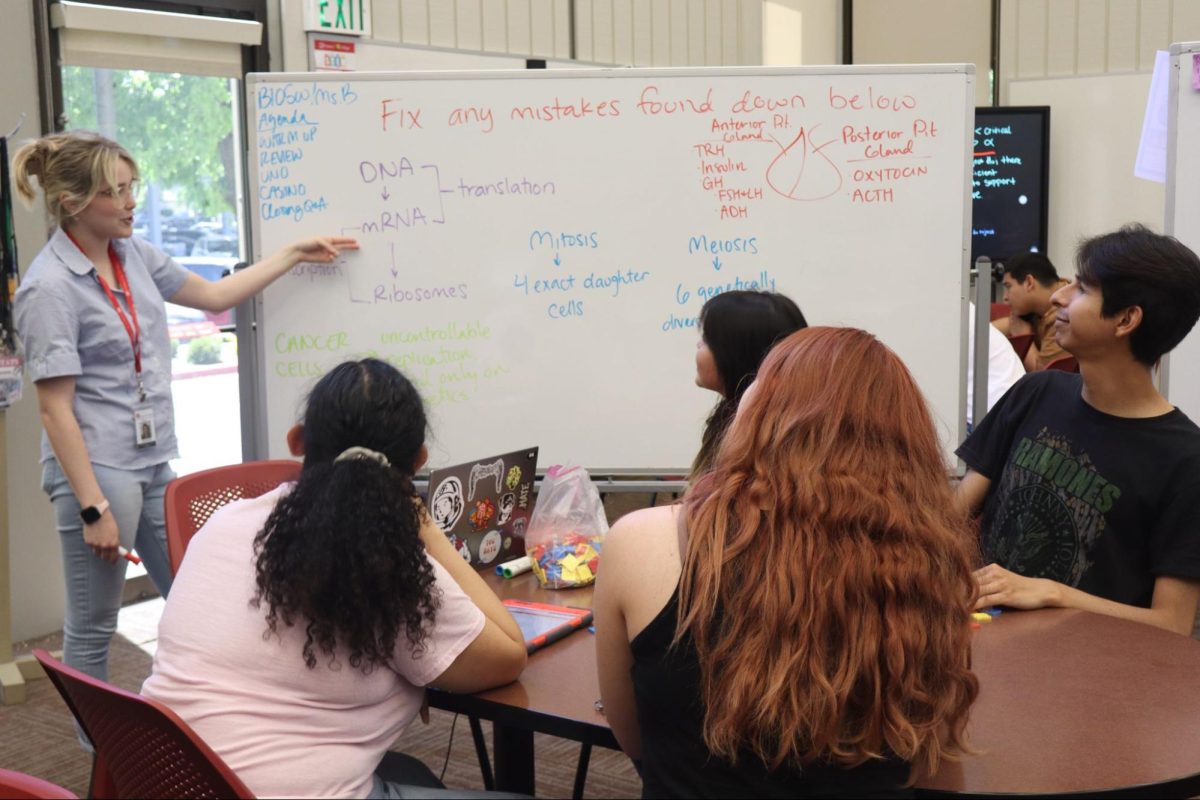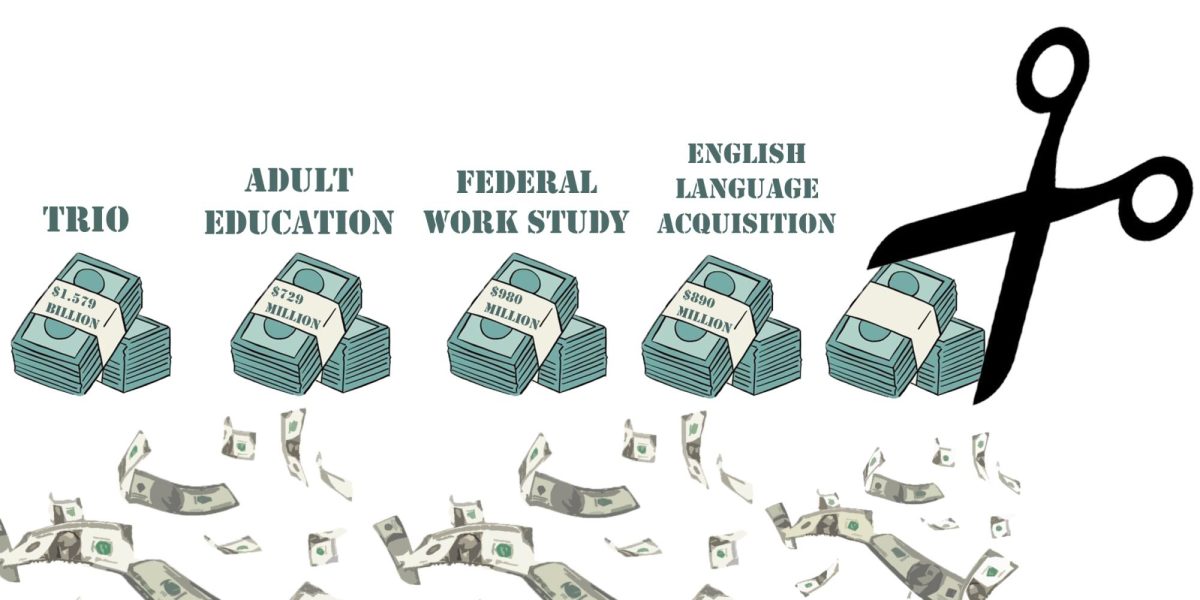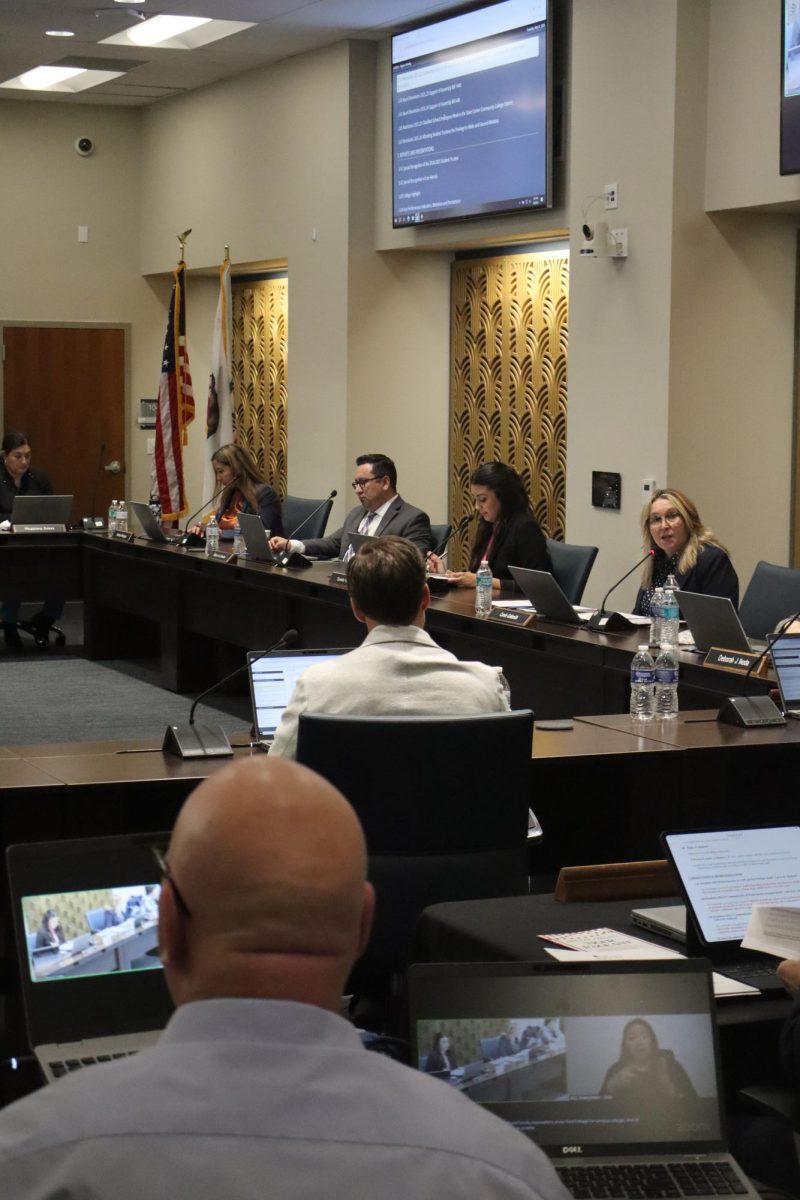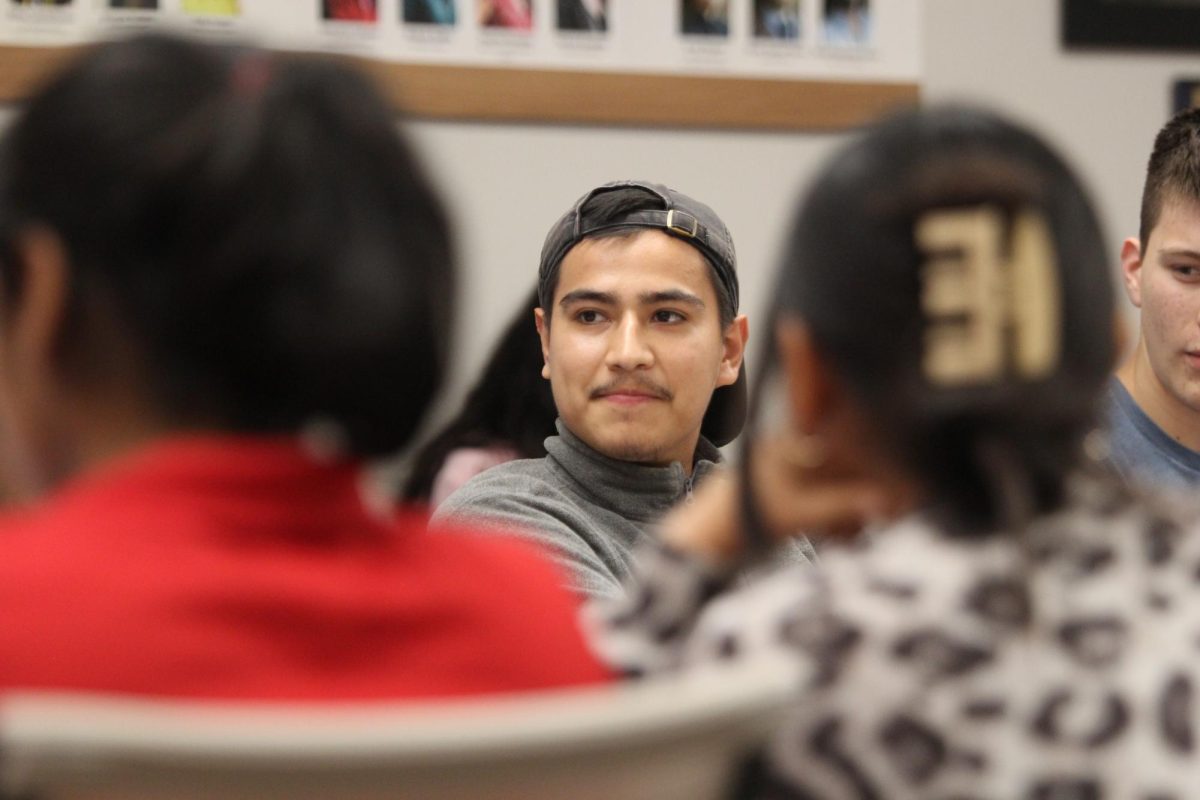First came the sluggish economy, then the job losses, and then a scrambling as opportunities dry up.
This is the experience of many in the Central Valley of California where unemployment numbers is higher than in most places in the nation.
Getting a job became an unattainable dream. Those with jobs guarded them jealously, hoping to outlast the bad times. It seemed like the wise thing to do – to hold on to one’s job, but not to Weston Carrol. While currently employed workers were doing everything in their power to save their jobs, Carroll, a Cadet at the Fresno
City Police Academy, decided to take a different route. He quit his job, cashed out his remaining vacation time and his retirement plan and went in pursuit of his new found dream of becoming a police officer.
Cadet Carroll had not always wanted to be a police officer. He had previously owned Weston Carroll’s Glass, a business that installed windows in new homes. When the housing market crashed in 2007, his flourishing business crashed too. He took a job as a custodian at the Coalinga State Hospital.
“Life was fine,” Cadet Carroll said. “I was able to pay my bills, and I was able to take my girlfriend out every now and then. I also I had money that I was saving too.”
Then the state budget cuts came along. “I ended up losing about $500 each paycheck,” Carroll said.
Things seemed hopeless. “I decided I hated my life,” Carroll said. “I was bored. I didn’t want to get up every morning and go to work; it was routine.”
Then he had a life changing conversation with Frank L. Steenport, the Chief of Police in Orange Cove. “I haven’t been much of a dreamer my entire life, but after talking to Steenport, he convinced me that this would be a life changing experience, something I could do forever.”
After the conversation with Steenport, Cadet Carroll met, Corporal Guillermo Garza, an Oange Cove police officer. “I started picking Garza’s brain, and asking him questions about the job and what it was like being a police officer,” he said. “I grew up not liking law enforcement, but after talking to Steenport and after talking to Corporal Garza, I decided this was something I wanted to do for the rest of my life.”
Afterward, Carroll completed an application for the Fresno City Police Academy. He passed both the physical and written tests and was cleared for an interview. “The interview was very intimidating, sitting face to face with a large man in a large hat, and a deep voice, and he only looked at me twice through the entire interview,” Carroll said.
“At this point, though, if I wasn’t going to be allowed into this class because of whatever reason, I was planning on reapplying the next time I could.”
Following the interview, Cadet Carroll was told to attend the orientation. He had been accepted into Class 123 of the Fresno City Police Academy.
“At orientation, all I kept thinking was ‘how am I going to pay for all of this?'” said Cadet Carroll. The cadets were given a list of all the items that they would need to purchase by the first day of class, including a minimum of three different uniforms , undergarments and boots. Also on the list were books, scantrons, binders and a gun. “The grand total was listed as somewhere around $3,500 depending on where you bought all of your stuff,” said Cadet Carroll.
Because of cost, Cadet Carroll held out on buying any part of his duty belt, which consists of a gun, hand cuffs, a handcuff key, mace, magazines, and baton.
Along with all of the actual items that are held on the duty belt, cadets had to also provide the holders for each item. Depending on which material each cadet used for their duty belt, whether it was leather, fake leather, or nylon, the cost would either go up or come down.
For Cadet Carroll, holding out until the very end paid off when he received a call from the Orange Cove Police Department one week before the academy started.
“They called and told me that they had a duty belt for me to use and that they were also going to issue me a brand new [gun] to use,” said Cadet Carroll. “It was like a huge weight was taken off of my shoulders.”
Currently, Cadet Carroll attends the police academy on weekdays. He arrives around 6:30 a.m. and leaves around 6 p.m. He is unemployed and trying not to work during the academy so that he may focus on being a top cadet by graduation.
“It is stressful because I have done the math, and it shows that I will run out of money before the end of the six months because of all of the bills I have to pay,” Carroll said.
He pays for his cell phone, truck insurance, gas, and food. He also helps out his girlfriend who still lives in Coalinga with rent on the apartment they shared. Cadet Carroll currently pays approximately $539 per month, not including gas for the commute to and from Sanger, or food.
Until he graduates, he has to live on his vacation check of $1,500 and his retirement fund of $2,500
“If I have to work, then I will, but I’m really trying not to because I want to be at the top of the class. Quitting is not an option. I was brought up never being allowed to say the word ‘can’t.’ so that isn’t going to change now,” said Cadet Carroll.
Along with the personal issues that each cadet faces while surviving the academy, as a class, they must fund their own graduation. They are striving to earn a total of $24,000. They currently have a fundraiser set up at Applebee’s on March 8, where they will receive 10% of the sales made.
Attending and passing the police academy does not guarantee any of the cadets a position at a police station after graduation. Most cadets strive to be the top of the class in order to fill the extremely limited positions that are available.
“If I graduate and don’t get a job then I’ll find work while I wait for a position. Law enforcement is always going to be necessary and if I don’t get a job immediately then I will eventually,” said Cadet Carroll. “I will find a way to make this work.”

